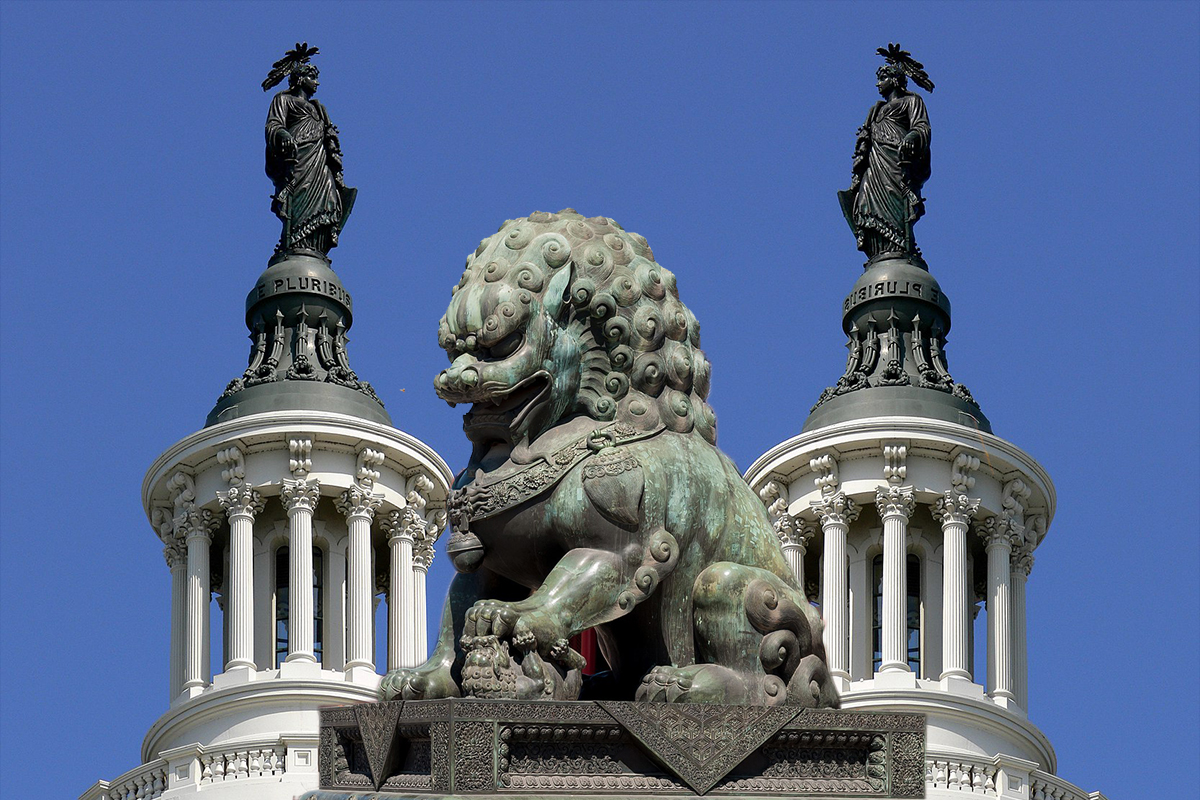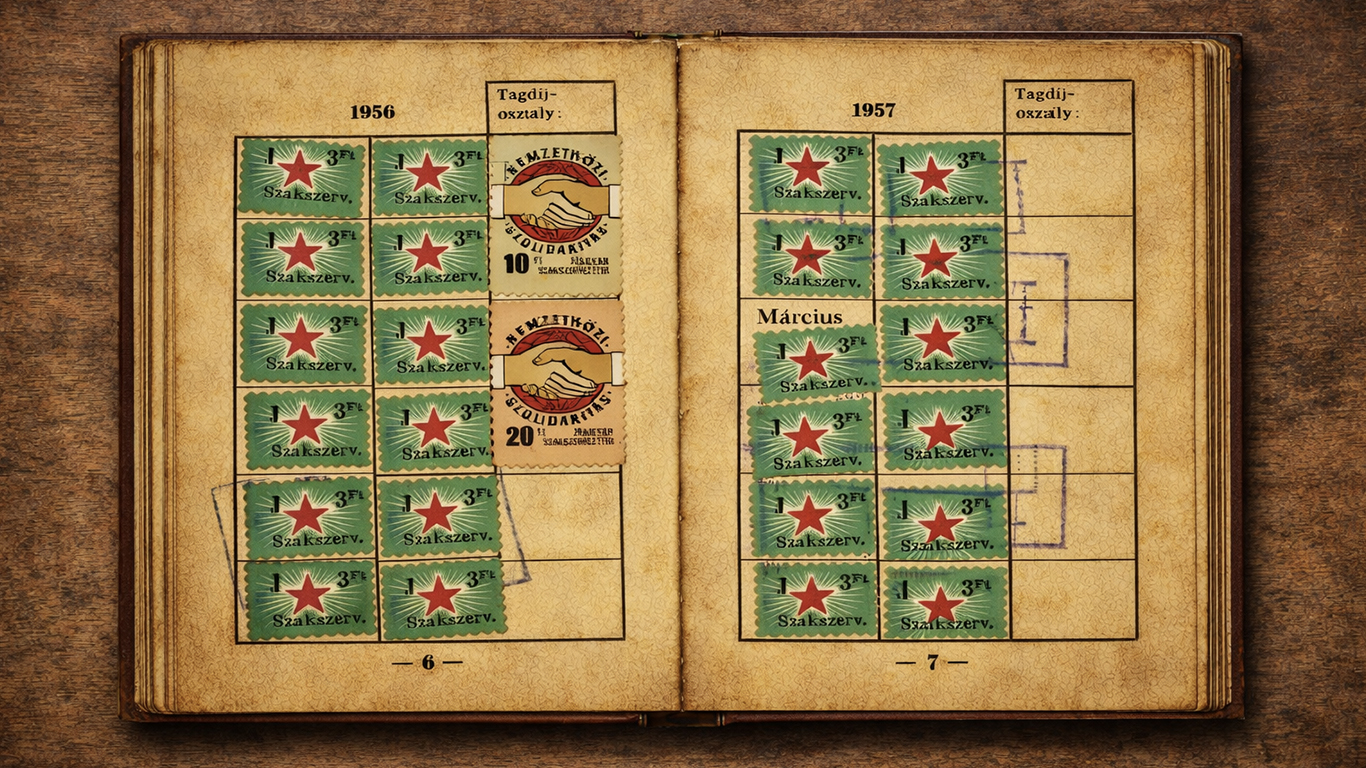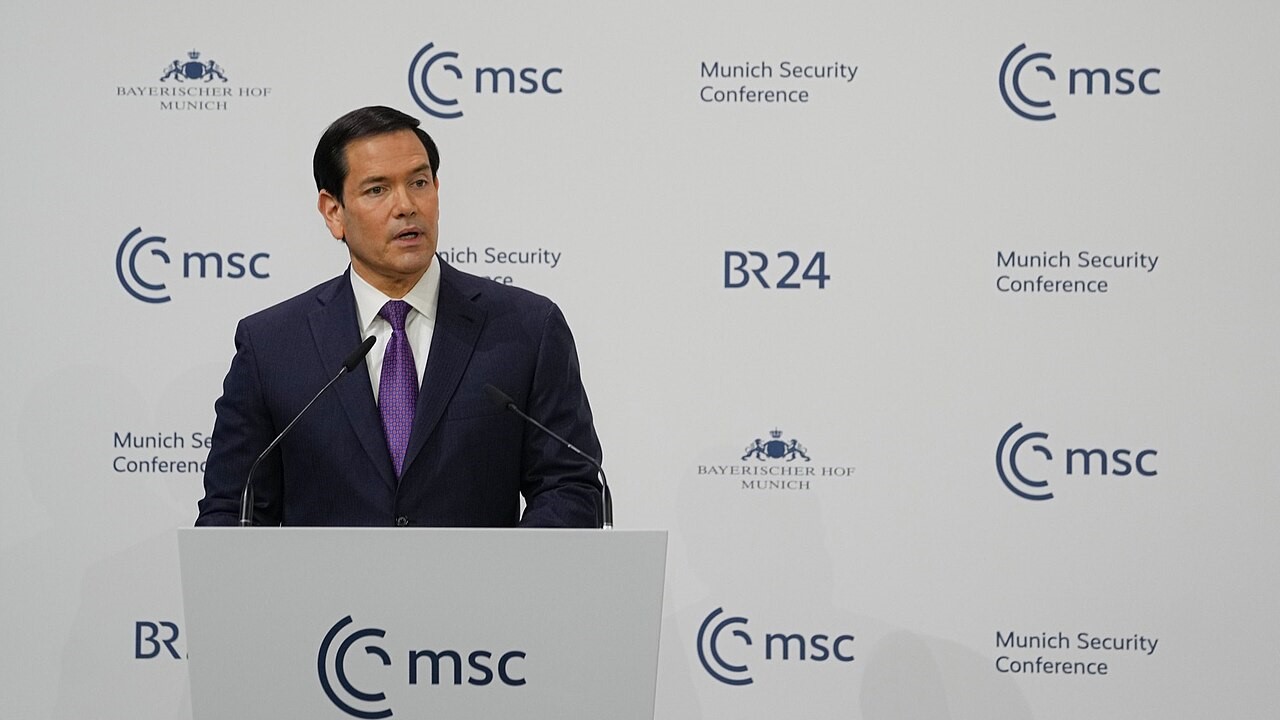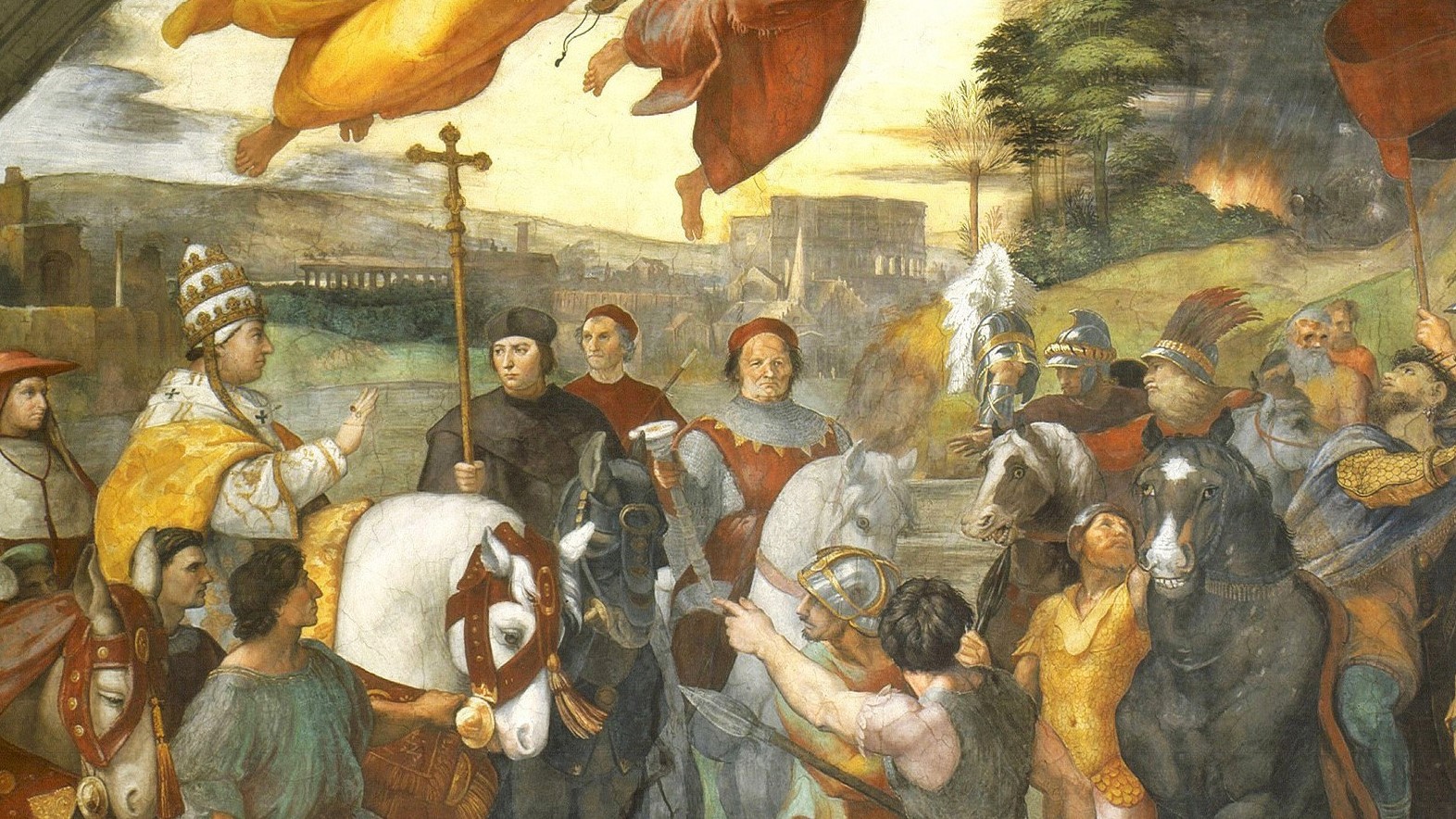The ancient Greek historian is considered in the discipline of International Relations as one of the earliest representatives of Realist theories. This is based on his main work, The Peloponnesian War, in which Thucydides chronicles in much detail and from a fairly objective perspective the struggle between the status quo power Sparta and the rising Athens and their respective allies. This is why he is recognized as the first Western thinker to ponder the competition between established great powers and emerging great powers, a topic that would continue being relevant throughout the next two millennia in the works of Niccolò Machiavelli, Hans Morgenthau, George F. Kennan, and Kenneth Waltz, among others.
 Richard Kauffungen's statue of Thucydides on the ramp of the Vienna Parliament
Richard Kauffungen's statue of Thucydides on the ramp of the Vienna Parliament
Thucydides states in the oft-cited passage of The Peloponnesian War:
“It was the rise of Athens and the fear that this instilled in Sparta that made war inevitable.”
Based on this passage, Allison created his “Thucydides’ Trap” concept, according to which rivalry between the established great power at the top of the international system and a rising power seeking to topple the former is more often than not decided through war, as history demonstrates. The Harvard professor in his 2017 book Destined for War? presents sixteen cases from world history, in which status quo great powers and emerging great powers engaged in competition. In Allison’s evaluation, out of these sixteen rivalries twelve ended up in war, which means that competition between incumbent great powers and rising great powers always contains the potential for armed conflict. This conclusion is not completely new in international relations theory, as A. F. K. Organski, Robert Gilpin, and John Mearsheimer had previously argued that great power competition most often leads to war, due to the anarchic structure of the international system. Of course, Allison became interested in this phenomenon mostly because he believes that the United States as the established great power and China as a rising great power has been engaged in the early 21st century in the same kind of competition as existed between Sparta and Athens and in all the great power dyads in the rest of his historical cases. This is why Allison wants to warn decisionmakers that
even a few missteps could easily lead to a highly destructive war between the two nuclear powers, since this possibility is based on structural factors.
It is important to emphasize that Allison, based on Thucydides, does not consider war between the United States and China inevitable (moreover, he argues that Thucydides himself only used the word as a hyperbole). However, he does believe that Thucydides’ Trap could develop between Washington and Beijing, and there is strong structural pressure on the two countries to sever peaceful relations. One of Allison’s most important statements is that China does not only seek to topple the United States from the leading position of the international system, but that by some metrics it has already done so. To demonstrate this, he cites the fact that China’s gross domestic product (GDP) measured in purchasing power parity (PPP) already exceeded that of the United States in 2017 ($19.89 trillion versus $19.49 trillion). However, according to many experts, GDP measured in PPP cannot prove that China has already surpassed the United States economically. Nevertheless, Allison argues that the global balance of power has never experienced as significant of a transformation as the one China’s rise has brought about. Communist China has not only become the no. 2 economy in the world thanks to its “reform and opening”, but, building on its economic rise, it has also transformed itself into a political and military great power. Beijing’s rise and its increasing global ambitions, on the other hand, has made it the United States’ most dangerous rival. Since the two great powers have in recent years become openly hostile to one another, Allison considers war between them a distinct possibility and therefore warns all involved to see clearly that Thucydides’ Trap could lead to armed conflict between Washington and Beijing, and calls on them to do everything in their power to prevent this.
Naturally, Thucydides’ Trap should not only serve as a warning for the Americans and the Chinese. The competition between the two great powers directly concerns our region, Central Europe, since on the one hand our countries’ security is guaranteed by the military power of the United States and the North Atlantic Treaty Organization (a fact that we tend to overlook these days), and on the other hand Hungary and its several regional neighbours have in recent years built close economic and political ties with Communist China. Central Europe’s foreign policy thinkers have been contemplating for years whether and how it is possible for our countries to maintain close, strategic partnerships with both great powers in the long run while relations between the United States and China are becoming increasingly adversarial. Many of them believe that Hungary and other regional countries should continue maintaining close strategic relations with both great powers. Others, including the author, argue that the new Cold War between the United States and China has opened a new chapter in international politics: China not only seeks to end the United States’ primacy, but its rise also presents a direct economic, political, and military challenge to the entire West (including Central Europe). China, on the one hand, poses a threat to the liberal international order, which was built by the West on the basis of the values of democracy, human rights, and market economy, and, on the other hand, it opposes Western democracy and actively promotes the global expansion of authoritarianism. Therefore, China’s challenge to the West is both structural, i.e. it seeks to establish itself as the greatest economic, political, and military power in the world, and also ideological, i.e. it seeks to replace the Western model associated with the rule of law, democracy, and human rights with its own authoritarian model, which denies the universality of human rights, places economic development above individual fulfilment, and (let’s be clear about it) refuses the values of the Greek-Roman and Judeo-Christian civilization. In this struggle, the side Central European nations must pick is clear.
With a view to Thucydides’ Trap, we should not find ourselves stuck in the middle between two great powers potentially going to war with one another.
The author is a geostrategist, currently working for the Atlantic Council, the John Lukacs Institute for Strategy and Politics, and the Hungarian Institute of International Affairs
Cover picture: Collage with the Statue of Freedom on the dome of US Capitol, Washington, and the lion guarding the Forbidden City in Beijing (design: Országút)




